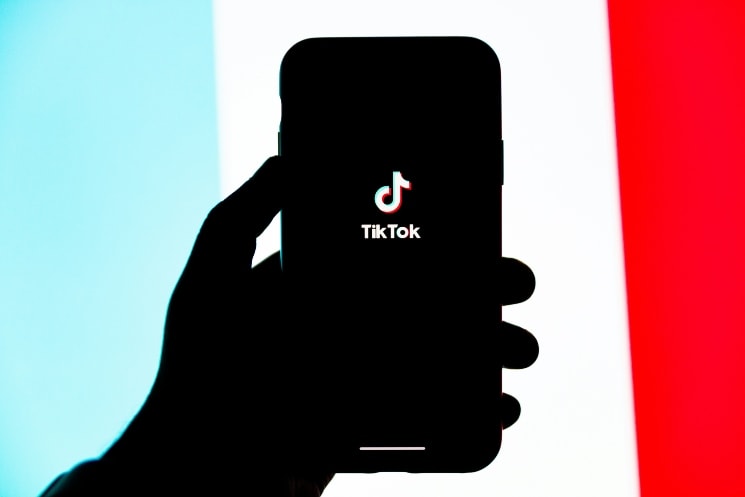At the end of January, Universal Music Group (UMG) — the biggest record company in the world — failed to reach a new licensing agreement with TikTok, and consequently removed its catalogue from the app. UMG then also began removing songs from its publishing catalogue from the platform, even further limiting the selection of music that creators could use in their TikTok videos (although many found the loophole of using sped-up or slowed versions of Universal artists' tracks).
Now, UMG and TikTok have announced in a press release that they've finally reached a new licensing agreement, and that they're "working expeditiously" to return the Universal Music catalogue to the platform — including the discographies of Canadian artists like the Weeknd, Drake, Justin Bieber, PUP, Arkells, Shawn Desman, Rêve, Jess Moskaluke, bbno$, Alessia Cara, Jessie Reyez, Feist, Rush, Broken Social Scene, Leith Ross, Shania Twain, Rezz, TALK and Nav.
Per the release, the joint agreement "marks a new era of strategic collaboration between the two organizations." The new deal will "deliver improved remuneration for UMG's songwriters and artists, new promotional and engagement opportunities for their recordings and songs and industry-leading protections with respect to generative AI."
Both companies will likewise be collaborating to "realize new monetization opportunities using TikTok's growing e-commerce capabilities," reminding us that, while the dispute has been painted to be in the best interest of UMG's artists and songwriters, they're the ones facing the brunt of the repercussions — not the record labels.
Taylor Swift, who is signed to UMG subsidiary Republic Records, was the first artist to get their music back on TikTok last month, a week ahead of the release of her new album, The Tortured Poets Department. Since she owns her own masters (and is Taylor Swift), she likely reached a special deal with TikTok on her own.
Meanwhile, US President Joe Biden signed a bill last week ensuring that the social media app would be banned if ByteDance, the Chinese company that owns the platform, divests its ownership stake within 270 days.
